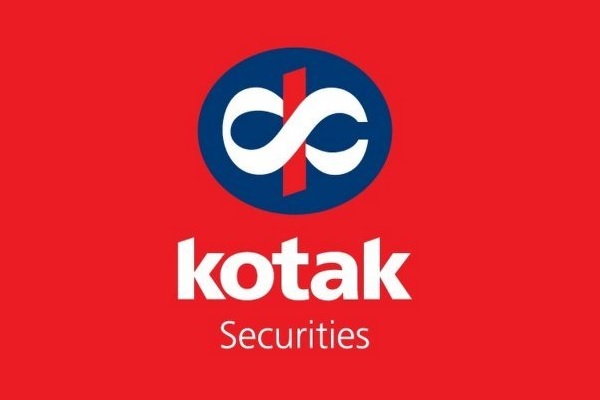Covid-19 impact on placement industry

Last February, with the onset of Covid-19 pandemic, educational institutions across the country had to comply by government regulations and shut down operations to uphold the safety of the students and curb the spread of the virus.
However, the resilience and willingness to adapt to change saw online tutorials replace classroom learnings allowing to maintain imparting education to the students of the country.
As the crisis prolonged students nearing their graduation faced a major challenge towards their placement prospective. A recent report by Naukri.com highlighted how about 66 per cent of students did not receive their offer letters, while 44 per cent faced deferred joining dates after being hired. The report also highlighted how another 33 per cent students did not hear back from the employer with regard to the status of their employment.
*Students desperately hoped for normalcy to resume in order to launch their prospective career
A mere three months ago, this hope seemed to have made sense, as the number of cases witnessed a steady decline and the aftermath of the pandemic believed to be ebbing away. However, the second-wave catastrophe quickly swept through India fueling a massive spike in the number of cases in the country.
Hence, the fluctuating phases of the virus left students with no other option than to gain stability in thought and openness to adjust to the new normal and explore possibilities hidden in the unexpected future. On the bright side, despite the Covid-induced slump, a few top players in the industry continued their recruitment drive.
The leading management institutes shared a different experience as they witnessed a surge in demand from consulting firms and tech companies. Here are takeaways pointers from some of the industry experts, from IIM, MU, Jaipuria and NCU institutes who have shared their insights on the current placement trend and suggestions on how students can turn current challenges into an opportunity.
*Embrace digitalization
The immediate future for young aspirants could be rough in terms of the adapting job market. But the silver lining in this unprecendted pandemic has been digital revolution, which has emerged in a big way.
Rapid digitalisation has certainly changed the current dynamics of the business world. It has compounded the demand for more tech-savvy management graduates.
Hence, there is going to be a rise in demand for executives who are comfortable with handling digital transformation. Companies are going to opt for management graduates well-versed with new-age technology skills such as programming, analytics and tools like R and Python, data analytics, AI, Machine Learning, etc. Such candidates can prove to be an asset to a company. Commenting on the ongoing rise in digitalisation, Prof. (Dr) Daviender Narang, Director of Jaipuria Institute of Management, Ghaziabad said, "Data is the new asset now. It is freely available in large quantities. We now need smart and young minds to optimally utilize that data in order to produce high-yield results. This is true for every industry today."




















